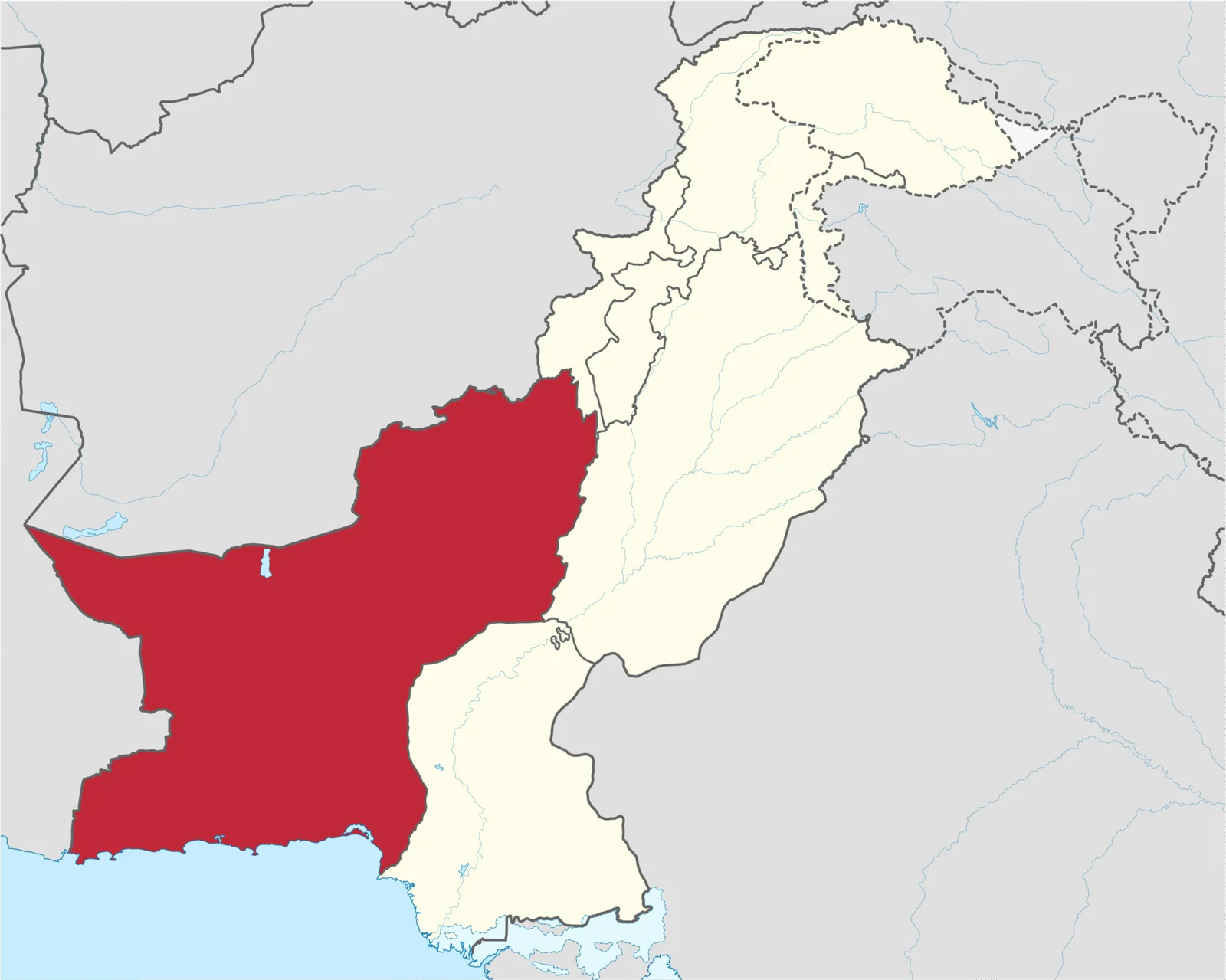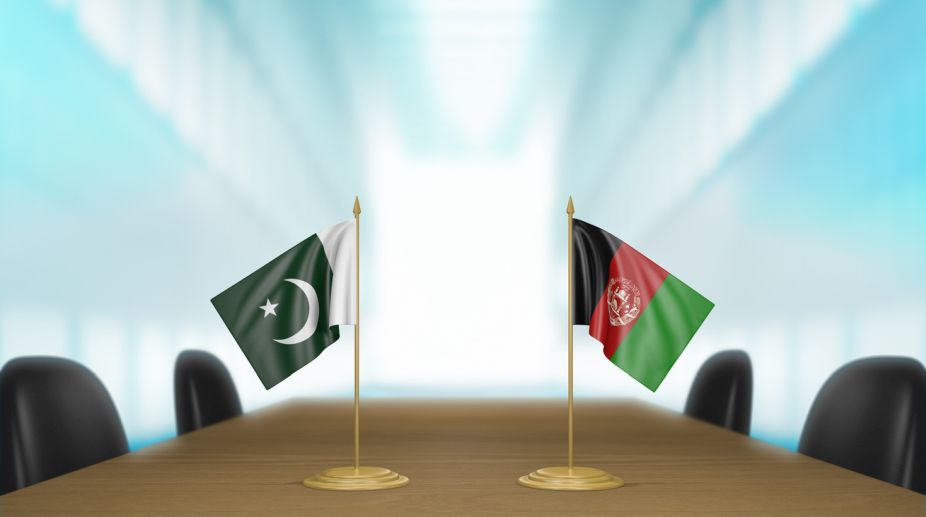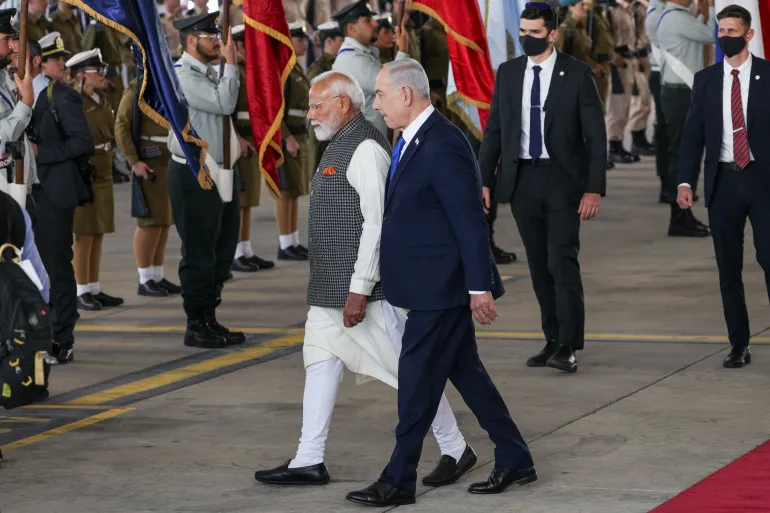Editorial
On Monday, Pakistan issued a strong condemnation against the construction and consecration of the Ram Temple on the site of the demolished Babri Mosque in Ayodhya, India. This controversial move, marking a culmination of a decades-long conflict, triggered concerns about rising Islamophobia and religious tensions in the region.
Pakistan’s Foreign Office Spokesperson urged the international community, particularly the United Nations, to take notice of the growing Islamophobia, hate speech, and hate crimes targeting Muslims in India. They emphasized the need for international intervention in safeguarding Islamic heritage sites and protecting the religious and cultural rights of minorities.
The statement highlighted the tragic demolition of the Babri Mosque in 1992 by a mob of extremists. Pakistan expressed disappointment that India’s judiciary not only failed to hold the perpetrators accountable but also sanctioned the construction of a Hindu temple on the desecrated site.
Pakistan views the recent developments as a worrying symbol of growing religious majoritarianism in India, contributing to the systematic marginalization of Muslims in all aspects of life. The spokesperson stressed that a temple built on the ruins of a demolished mosque would forever stain India’s democratic image.
Concerns extend beyond the Ayodhya incident, with other mosques, such as the Gyanvapi Mosque and Shahi Eidgah Mosque, facing similar threats of desecration and destruction. This pattern, coupled with the rising tide of “Hindutva” ideology, poses a serious threat to religious harmony and regional peace, the statement warned.
The Ram Temple project has long been a central political agenda for the Hindu nationalist Bharatiya Janata Party (BJP), led by Prime Minister Narendra Modi. Its inauguration is seen as a fulfillment of a 35-year-old promise and is expected to bolster Modi’s bid for a third term in the upcoming elections.
However, the temple’s construction on the disputed site has rekindled painful memories of the 1992 riots that erupted after the Babri Mosque’s demolition, claiming over 2,000 lives, primarily Muslims. The historical claim of Hindus considering the site as Lord Ram’s birthplace clashes with the historical presence of the Babri Mosque built in the 16th century. Despite the Supreme Court’s 2019 decision allocating the land to Hindus and offering another plot for a new mosque, the lack of progress on the latter project adds to the existing grievances.
Pakistan’s condemnation serves as a reminder of the ongoing religious tensions and political complexities surrounding the Ram Temple issue. It also raises concerns about the safety and security of religious minorities in India and calls for international attention to address the rising tide of Islamophobia and ensure the protection of fundamental religious rights for all.
Please, subscribe to the YouTube channel of republicpolicy.com
















